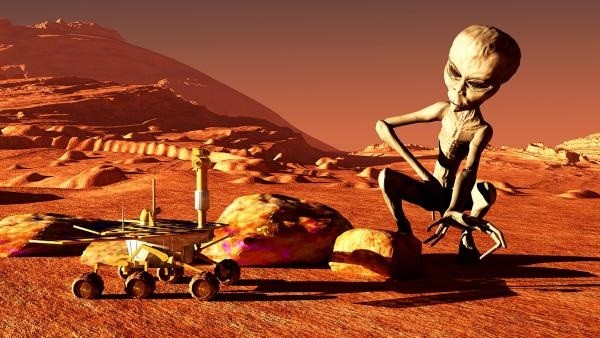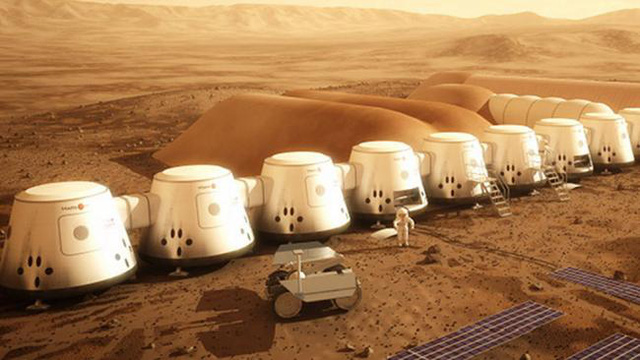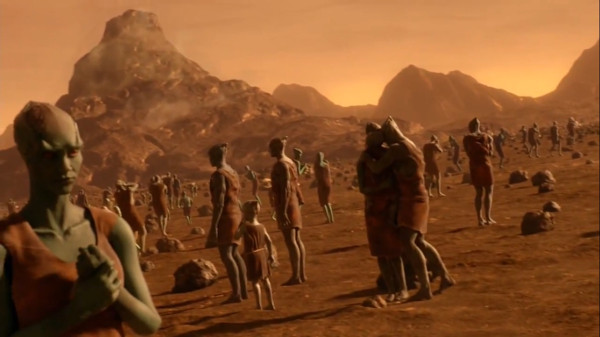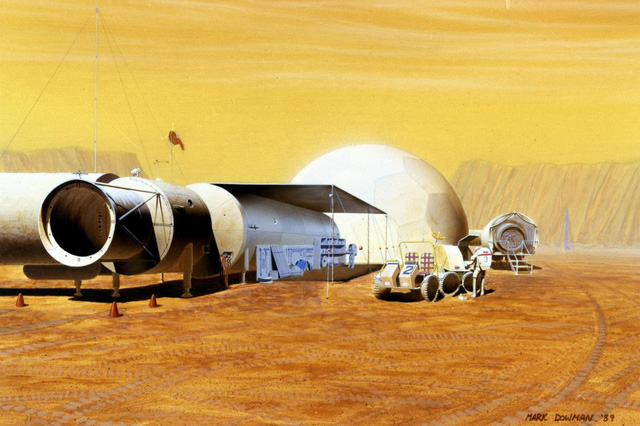How does human body change in Mars?
People are planning to set foot on Mars, even 'colonizing' this planet in the near future. So, if you settle on Mars, what kind of horrible things do people face? Let's try to find out.
- Sign up now and always with NASA to be SIGNED ASKED
- How does Elon Musk send people to Mars?
- Details of the plan to turn a successful Mars man for only $ 100,000 by Elon Musk
Gravity decreases
Gravity on Mars is only 1/3 of the Earth. This will reduce our bone density by 1-2% per month. And after 2 to 3 years this density drops to only half. For pregnant women, the speed decreases faster because they need a lot of calcium.

Decreased bone density makes bones vulnerable, accidents such as broken hip and spine can easily occur. In order to live on this planet, people need to have a large bone density and gradually over humans on Mars will have a much larger bone mass than their ancestors.
High level of radiation
According to the Mars Odyssey data, the amount of radiation on Mars is quite high, about 20-25 millirads / day, twice the level allowed for workers in the US nuclear plant.

It is estimated that in 2 years, people living on Mars will be subjected to six times the radioactivity level as allowed by US standards. With such a large amount of radiation without effective prevention, the DNA of people living on this planet will be mutated leading to cancer, while accelerating the evolution process by creating random genetic variations. Of course it could be beneficial.
The brain, memory and human behavior are also affected by high levels of radiation. However, the natural selection process will filter out healthy individuals and create a new generation with good health. In the future, they will discover more distant, more extreme planets.
Microorganism
Microbial bacteria play a very important role in human life, typically intestinal probiotics. When living on Mars, children will not be exposed to this bacterium, so there will be many disadvantages such as poor metabolism, reduced resistance to common diseases, the possibility of type 1 diabetes, asthma. , allergies and some types of cancer are high.
 Sketch the Martian.(Photo: Internet.)
Sketch the Martian.(Photo: Internet.)
Because there are no beneficial bacteria, people living on Mars consume only certain sugars, proteins and fats.
Types of illnesses
When humans live on Mars, diseases like Ebola and Zika will never appear, so the Red Planet's immune system may disappear completely. And if they return to Earth, their lives will be threatened if exposed.

Thus, after settling down in Mars, completely isolated, the inhuman and harsh natural environment can become a completely new type of person. It is estimated that only after about 6,000 years will this process be completed.